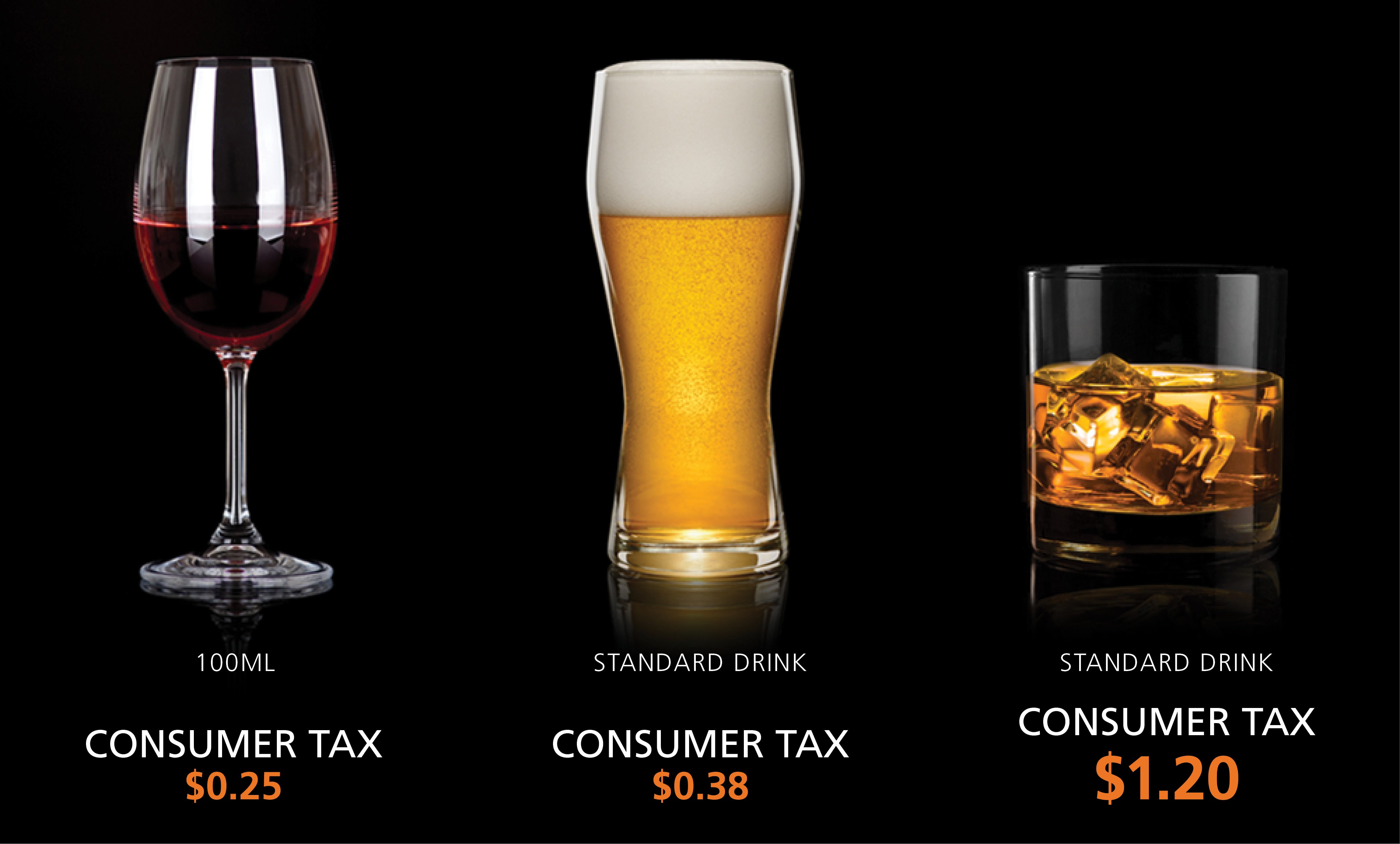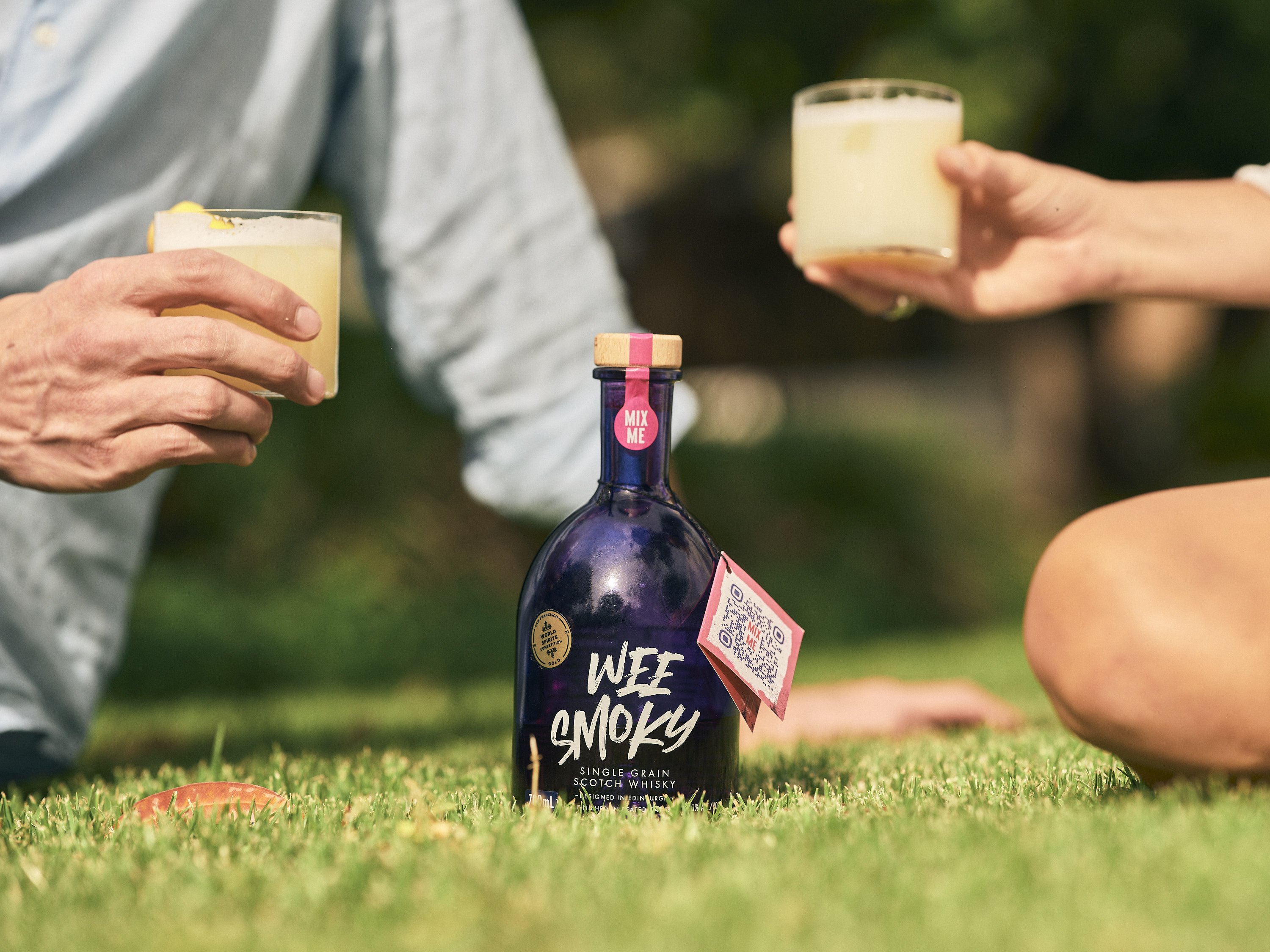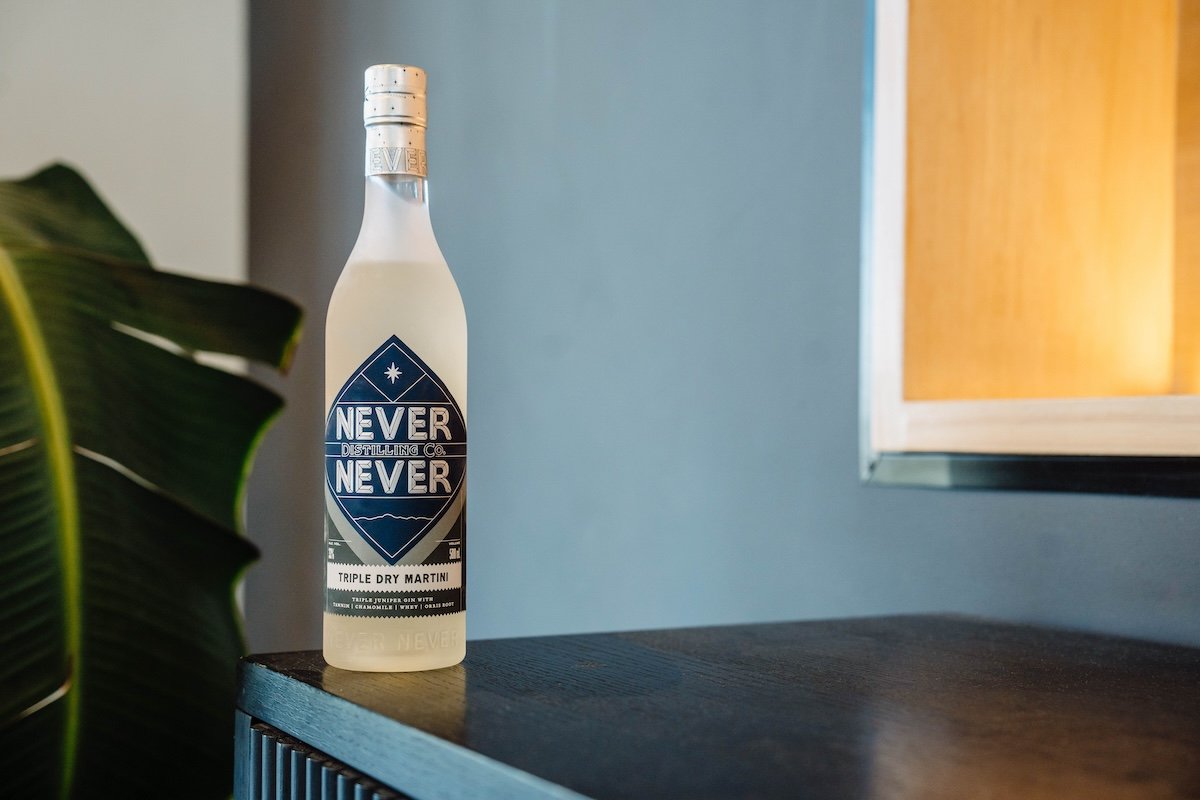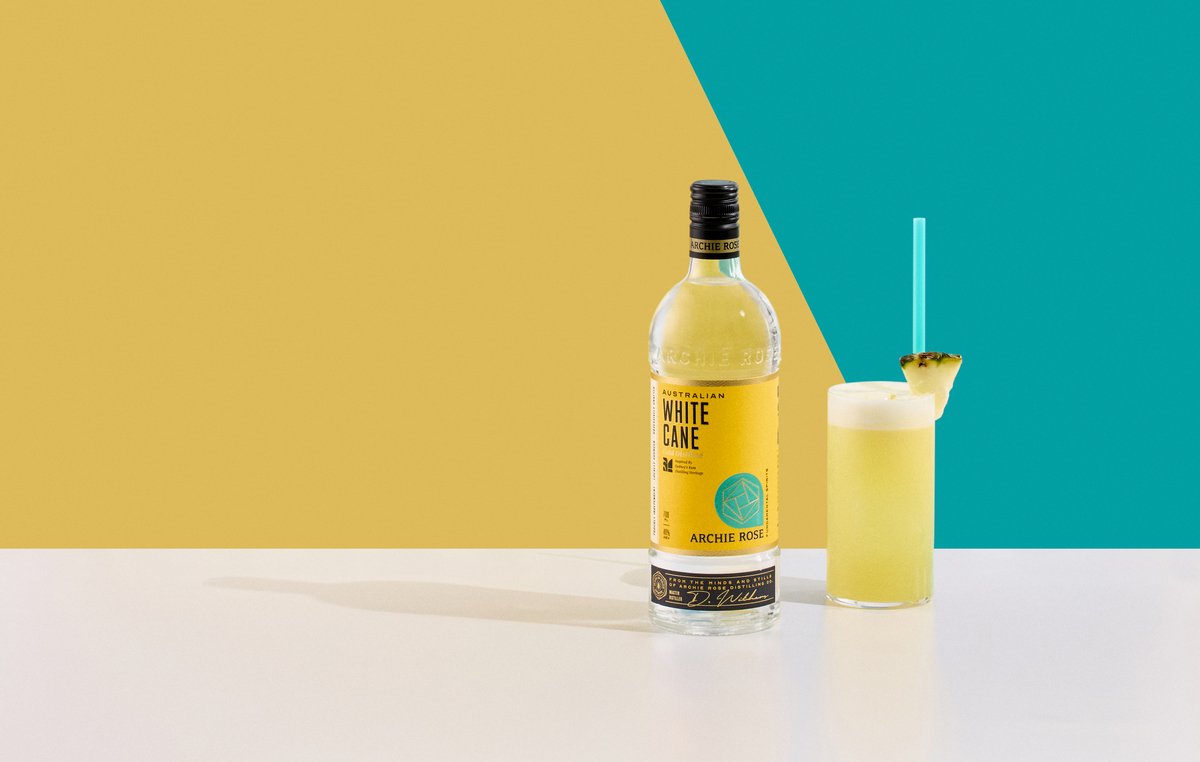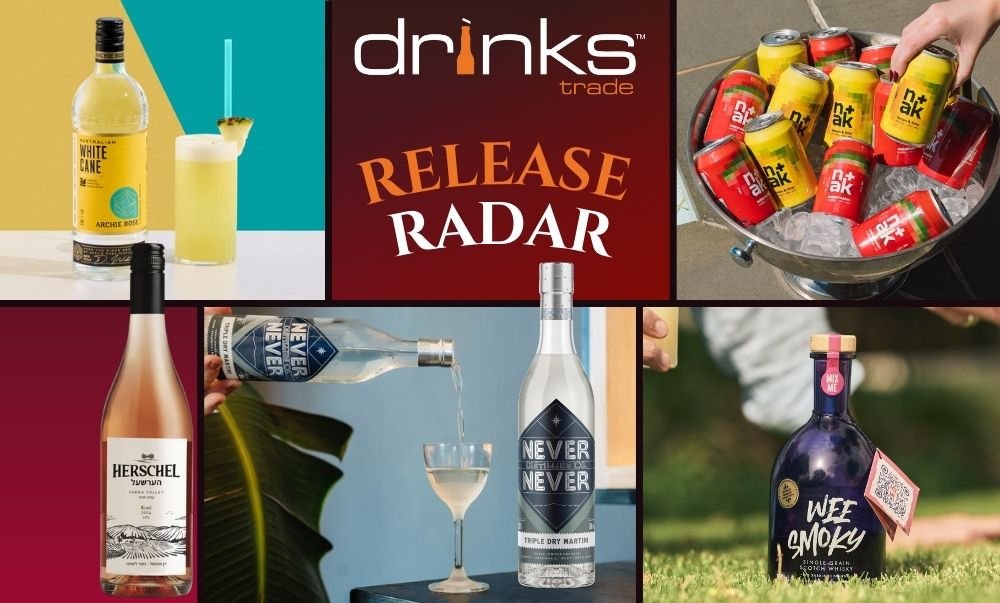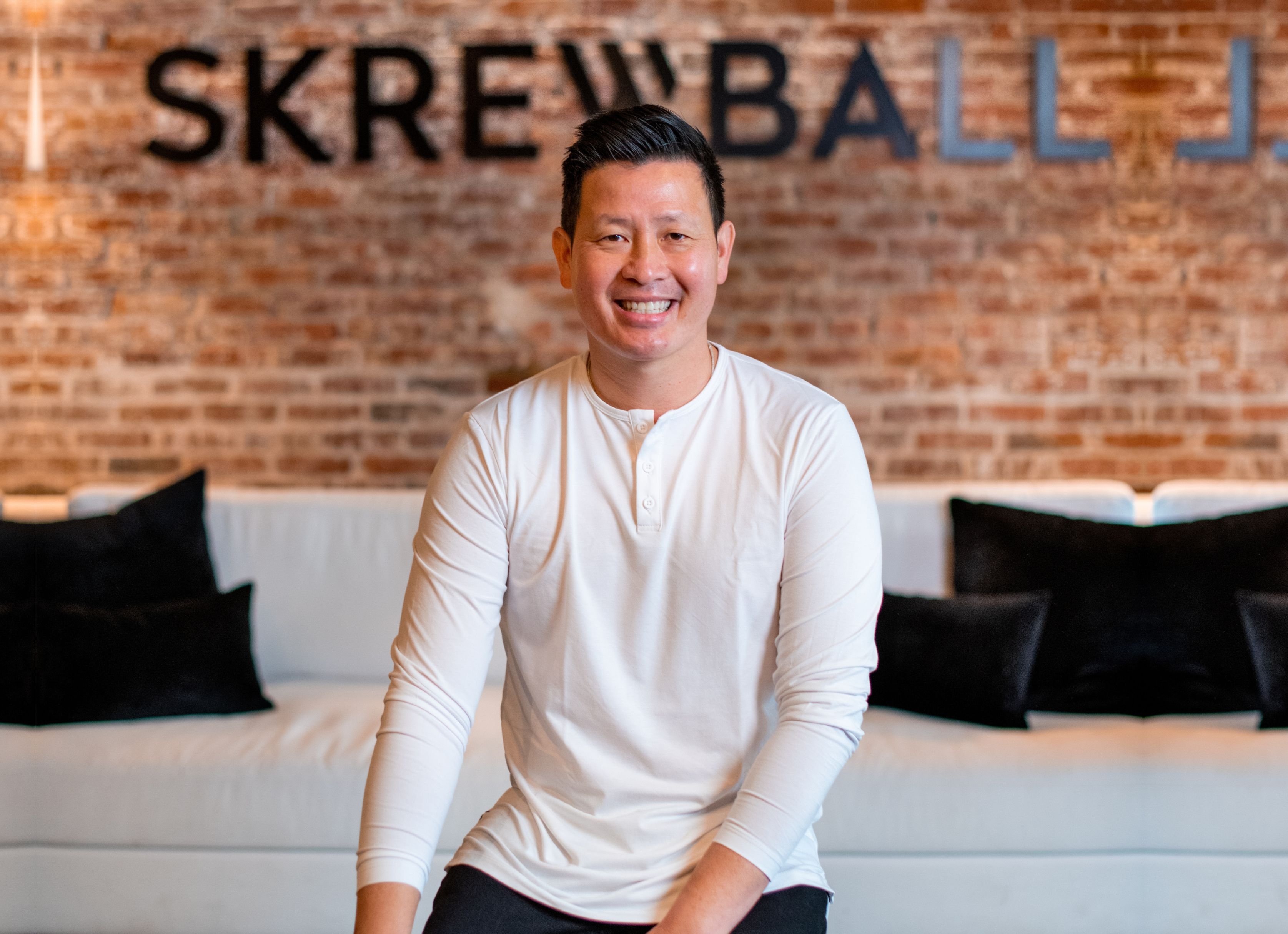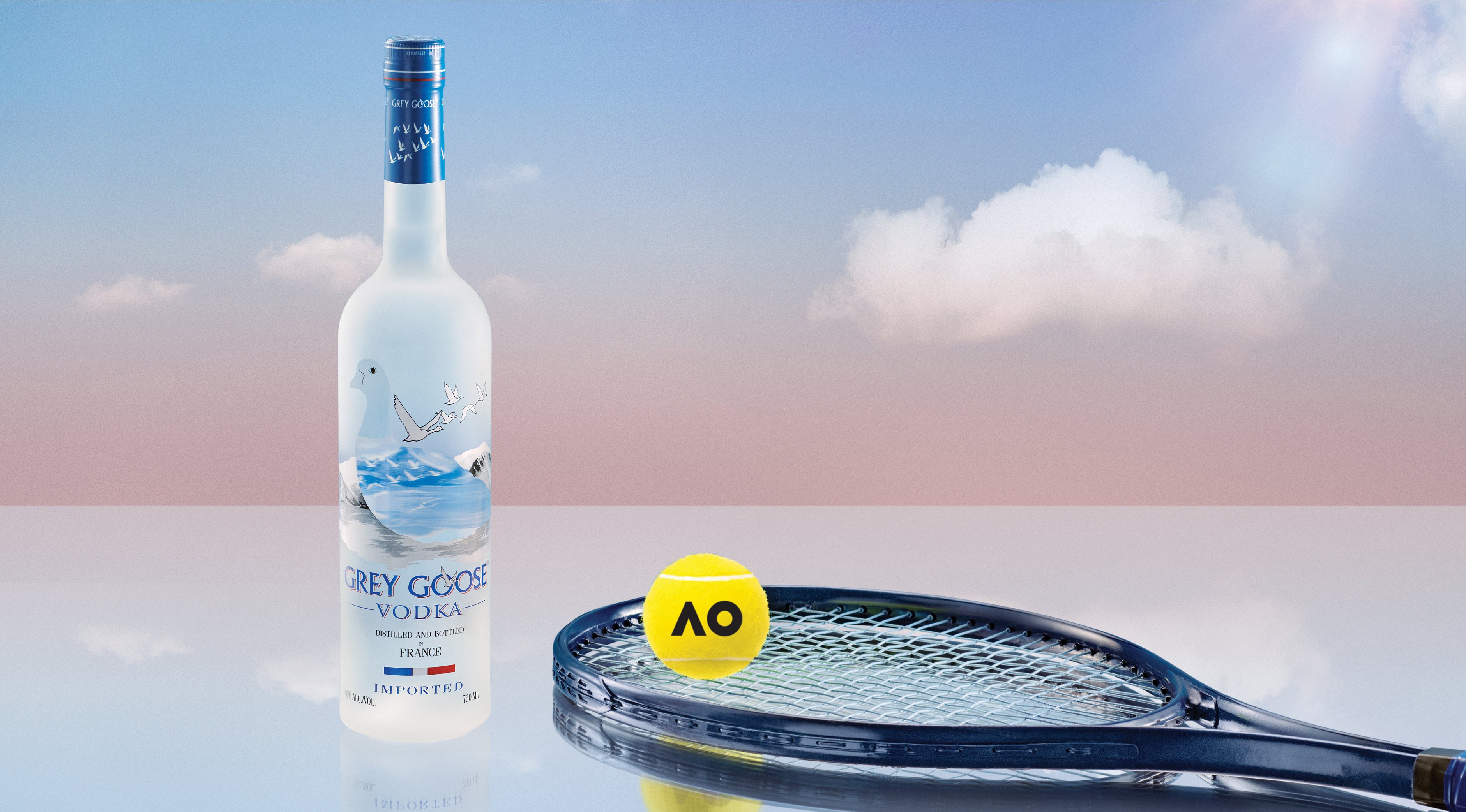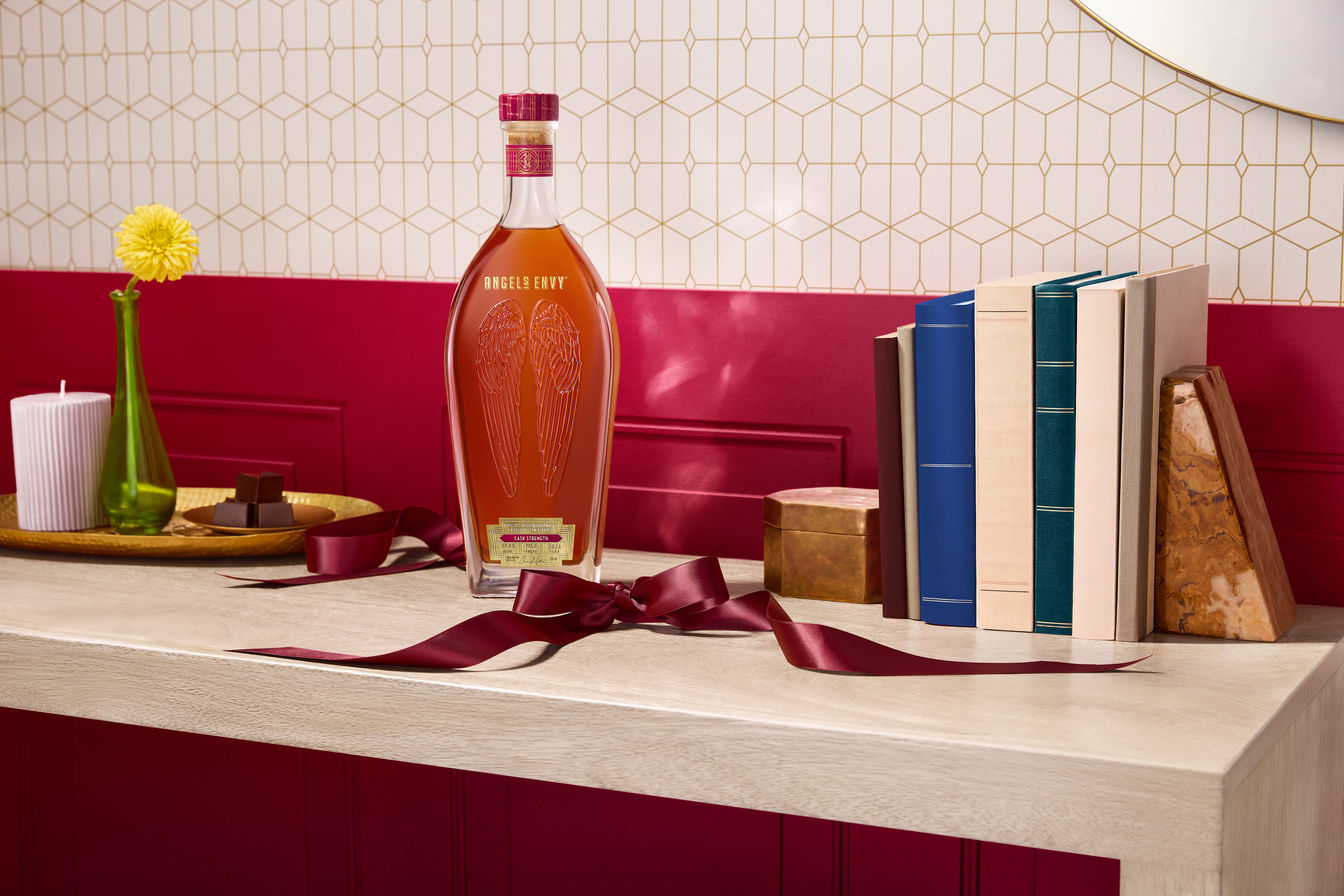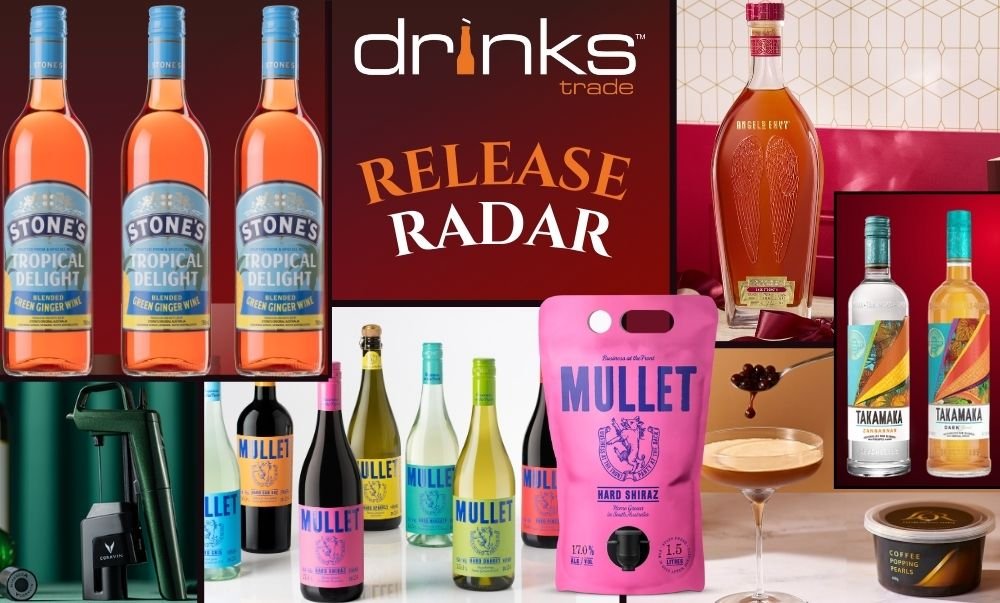The consumer and the producer will bear the brunt of a record hike in spirits excise tax, and the Australian spirits industry says it’s 'crippling.'
The new excise rate of $94.41 per litre of pure alcohol increased from $90.78 in February. The hike, released by the Australian Tax Office on 27 July is estimated to translate to an additional $1 of tax to be paid on an average 700mL bottle of spirits (40 per cent ABV).
To compare that to the tax on beer, the customer pays $1.20 per standard drink in spirit compared to 38 cents per standard drink of draught beer and less than 25 cents for a 100 mL glass of wine. (See image above.)
Australia already imposes the third highest tax rate on spirits in the world, trumped only by Norway and Iceland.
The spirits industry says this is unfair, unsustainable, and a gross disadvantage.
Four Pillars has informed its consumers the cost of its Rare Dry Gin will increase by $3 per bottle from $75 to $78. Manly Spirits (pictured below) will increase their Dry Gin by $5 per bottle to $80.
CEO of the Australian Distillers Association, Paul McLeay called it crippling for local distillers and spirits manufacturers already enduring difficult industry conditions. He says the hike comes with surging costs for freight, glass, cans and raw materials.
“Our members are already paying skyrocketing prices for inputs like barley, glass and cans and facing freight charges that have more than doubled in some regions – and now they’re being asked to pay even more to the tax man,” says Mr McLeay.
He says freight is up 55 per cent, cereals up 50 per cent, sugar up 25-30 per cent, glass up 20-30 per cent, oak barrels up 16 per cent and cans 12 per cent.
"This is effectively a double whammy on spirits," said Spirits and Cocktails chief executive Greg Holland. "It's the biggest increase in almost 50 years, since our tax figures were updated in 1978, and in that time, spirits manufacturers have been slugged with the GST and the RTDs (ready-to-drink) tax as well.
“It is also important to remember government data shows most Australians are drinking more responsibly, often choosing to enjoy quality offerings like a gin and tonic, bourbon and coke, dark and stormy cocktail, or a good scotch or Australian whisky. On top of all the other cost of living pressures they’re facing, those millions of Australian consumers will now likely be slugged even more as a result of this excise increase.”
Australian Distillers Chief Executive Paul McLeay said Australia's outmoded alcohol tax regime indexes spirits excise to inflation, creating a situation where the tax take from spirits compounds every six months and grows further out of proportion to other drinks containing the same proportion of alcohol. As a result, up to 60 per cent of the retail price of an average 700mL bottle of spirits in Australia is now tax.
Geelong distiller Sebastian Reaburn from Anther Distillery told AFR Weekend the federal government makes more from the sales of a bottle of spirit than the producer and the retailer. He said it was rare the tax per bottle is less than $30, so if the bottle retails for $35, then the retailer and the producer are fighting over $5.
Automatic increases in line with the CPI mean the Federal Government's average tax take from the distilling industry, which includes the manufacturing of premixed spirits, increases by $100 million-$120 million every year.
“This places an enormous burden on a local industry that barely existed a decade ago but is now highly acclaimed around the world, thanks to the hard work and creativity of Australian distillers. We should be celebrating them, not stifling them,” says Mr McLeay.
Mr Holland says the tax is cannibalising our industry.
“It has an insatiable appetite; no matter how hard our distillers and manufacturers work to grow, it keeps taking more. We look forward to working with the new Federal Government to build a more sustainable future for the Australian spirits industry,” he said.
Share the content
